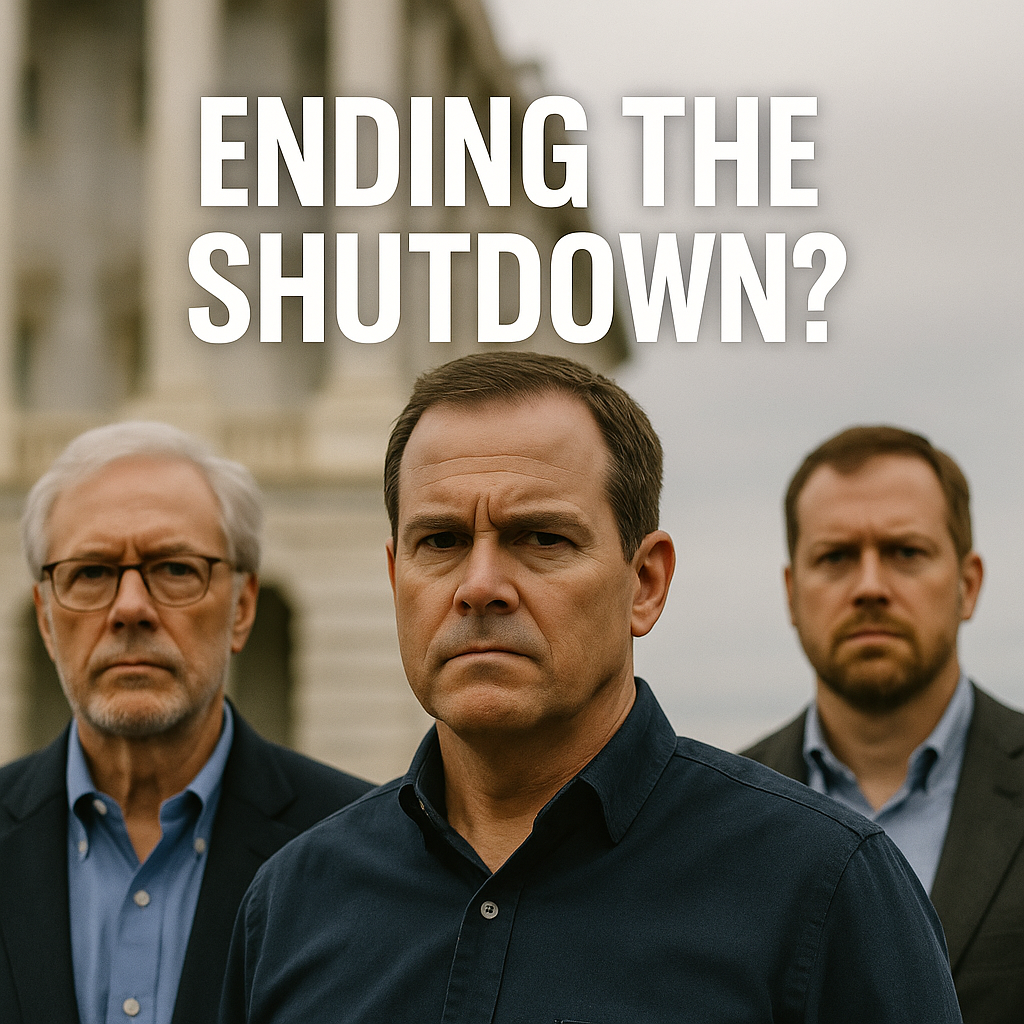
In a significant development that could reshape the global oil market landscape, OPEC+, a coalition of oil-producing nations including Saudi Arabia and Russia, has decided to increase oil production starting September. This move comes amidst threats from former U.S. President Donald Trump to impose tariffs on Russian crude buyers, adding layers of complexity to an already volatile market scenario.
Key Facts
- OPEC+ has announced a substantial increase in oil production for September.
- The International Energy Agency has issued a warning that the increased production may lead to an oversupply in the market by the end of the year.
- Donald Trump’s proposed tariffs target buyers of Russian crude, though the implementation hinges on various geopolitical negotiations, including trade talks with India and China and peace discussions regarding Ukraine.
Background
The decision by OPEC+ to open the oil taps again is part of a broader strategy to stabilize global oil prices and gain a competitive edge in the market. However, this strategy comes with risks, notably the potential of creating an oversupply which could depress prices and lead to economic ramifications for oil-dependent economies.
Concurrently, the geopolitical landscape is being reshaped by former President Trump’s aggressive trade stance against Russia. By targeting Russian crude buyers with tariffs, Trump aims to exert economic pressure on Russia, potentially as leverage in broader political negotiations, including efforts to secure a peace deal in Ukraine.
Market Impact and Geopolitical Implications
The potential imposition of tariffs and the increase in oil production are not just economic decisions; they are deeply entwined with global politics. The tariffs, if implemented, could disrupt trade flows and alter strategic alliances, particularly among major consumers like India and China. These countries have historically maintained strong trade relationships with Russia and could be key players in negotiating the terms of any new trade agreements or tariffs.
On the other hand, the increase in oil production by OPEC+ could test the resilience of the global oil market. If the market tips into oversupply, it could trigger a decline in oil prices, affecting economies worldwide, particularly those heavily reliant on oil revenues.
What’s Next?
The global community is closely watching the outcomes of the ongoing trade negotiations and the subsequent moves by OPEC+ and the United States. The decisions made in the coming months will likely have long-lasting effects on the global economic landscape, influencing everything from energy prices to international relations. The situation remains fluid, with market participants and political leaders alike awaiting further developments.


